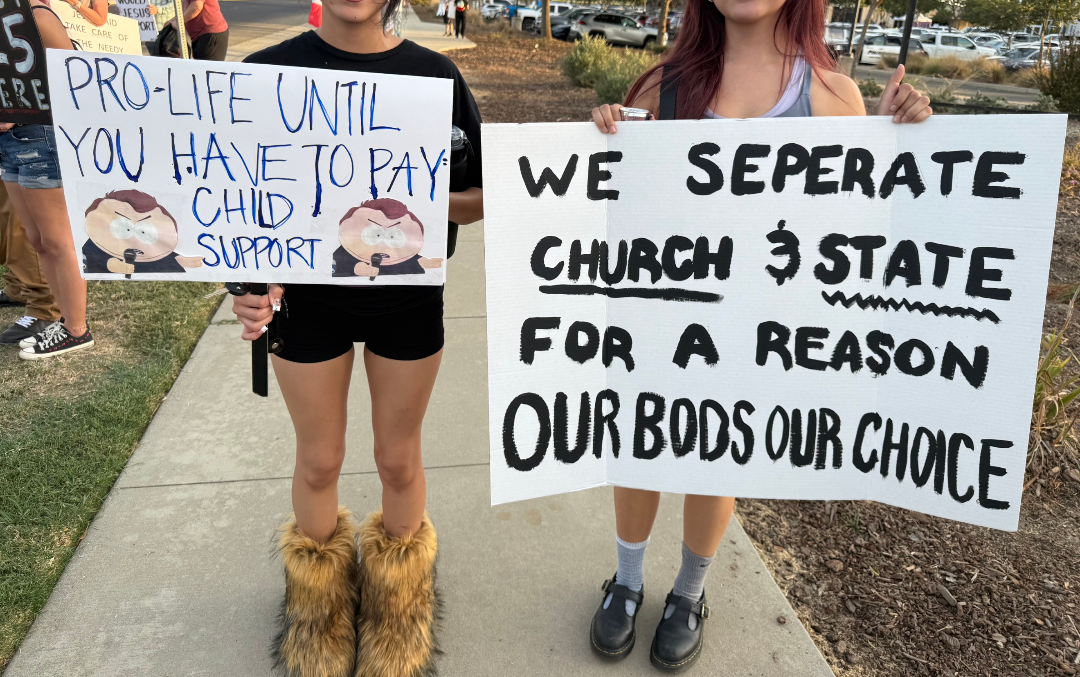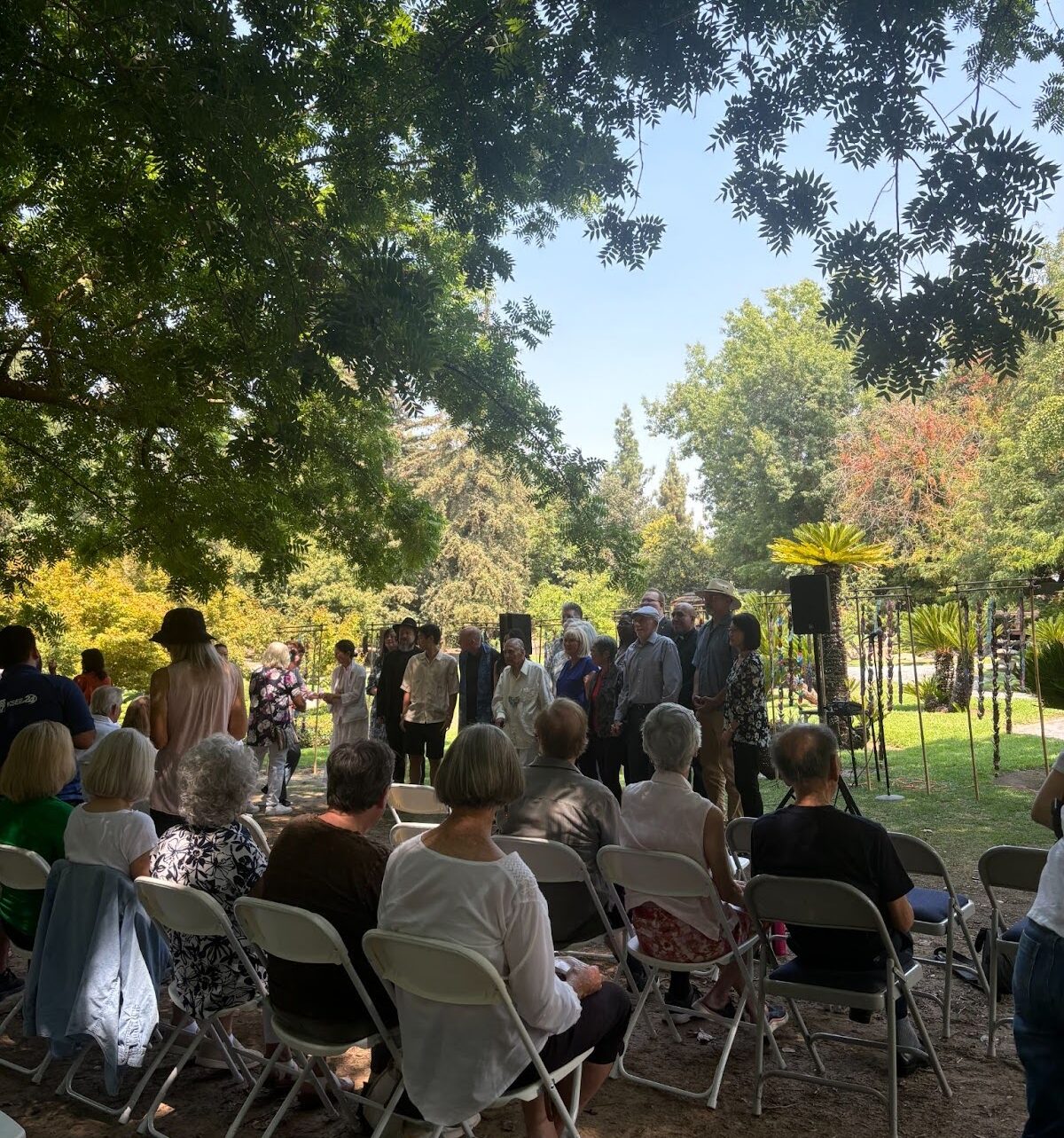Tuesday, Fresno voters will cast their decision on Measure G, a proposal that would allow the privatization of our city’s residential waste services to the local waste management company Mid Valley Disposal.
Measure G has been a contentious issue among city officials, business owners and Fresno residents, as the result of the vote will determine rates, expectations of services, and jobs. If the measure passes, Mid Valley will be in complete control of the city’s residential waste system, which supports and handles more than 100,000 clients.
Residents would maintain their bins and pick up days as normal, but also receive an immediate 17.6 percent rate cut for at least two years. The measure will also allow garbage city workers to keep their jobs, hired on by Mid Valley. The company also plans to introduce new programs for residents, including curbside electronic and textile recycling.
Opponents of the measure believe that the eight-year contract puts the city at the mercy of Mid Valley, as the rates may increase after the two-year contract. The opposition also points to the existent trash services provided by the city, as Fresno waste management is nationally recognized and has been awarded for its great service. And this could change under the control of a private business, since by nature the priority of a business is to make money, not promote excellent service.
The Fresno City Council is divided on the measure.
Councilman Blong Xiong has been one of the more vocal officials in his opposition of Measure G and believes it is “the wrong choice for the city.”
Xiong says there are three reasons for the privatization of services: efficiency, rates, and competition. He claims those factors cannot be applied to Measure G, as our services are already efficient and the rates are already low, and the eight-year contract eliminates any form of competition.
“We have some of the lowest rates in the state,” Xiong said. “Their argument for privatization doesn’t stand,” he added.
Fresno residents such as Jarod Lee, a 25-year-old student, agree with Councilman Xiong on the effectiveness of privatizing city services.
“My concern is that it basically hands one company an effective monopoly, which will just line someone’s pockets,” said Lee. “This strikes me not as a plan to increase efficiency, but the city is trying to pay for past mistakes by shirking it responsibilities.”
Lee is also worried about the city’s ability to find an alternative company when the contract with Mid Valley Disposal ends.
“I just can’t see how another company is practically going to compete with Mid Valley, considering we’re selling all the trucks and bins to them,” he said.
The Measure not only grants the rights to residential waste services, but also to the equipment needed, such as garbage trucks and trash bins. The city is no longer responsible for equipment, which will alleviate the costs of upkeep and maintenance.
In addition to new services, Fresno also receives $2.6 million a year from the deal, which Measure G supporters like Fresno Mayor Ashley Swearengin say will help the city’s budget. Swearengin has been strongly promoting that the $2.6 million will go to police and firefighter departments, promoting safety.
“It’s good for the city if the city is on the verge of bankruptcy,” said Mike Leonard, a 77-year-old Fresno homeowner. “I assume the service will not change, because the current service is really good,” he added.
However, Leonard is weary of the eight-year contract that Mid Valley has with Fresno city’s garbage system.
“I don’t like the contract, I don’t like to feel like I’m hostage for eight years,” he said. “It’s a concern of mine, but not enough for me to sway the other way.”
Leonard, like many Fresno residents, believes putting the money toward public safety is a good cause. Councilman Xiong disputes this claim, as the mayor and opposition say the money will go to police and firefighters, the money earned through the deal is not obligated to go to public safety, and the notion of putting it towards police and firefighters is just a scare tactic.
“There is no guarantee that it will go to the police, and it can go anywhere they (city officials) deem fit” says Xiong. “They have to bring up about your safety to scare you.”
Another factor into the Measure is the mayor’s Fresno budget proposal for 2014, which was released last Wednesday. The proposal assumes that Measure G will pass, and although the final draft of the proposal is not due until June 30, in its current state it leaves little option if Measure G does not pass.
Measure G displays a current trend within the country. After the 2008 economic collapse and the continuous efforts to climb out of it, the relationship between the public and private sector seem to blur. The co-dependency between the two is prevalent, but ultimately what matters is services they can provide, for the city and its residents and private companies, and which benefits more from them.
The special election will be held June 4.


